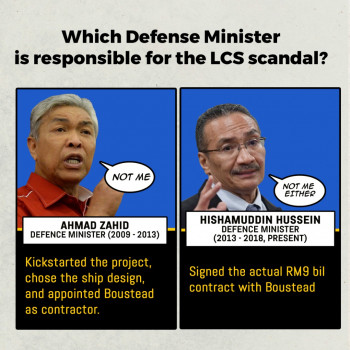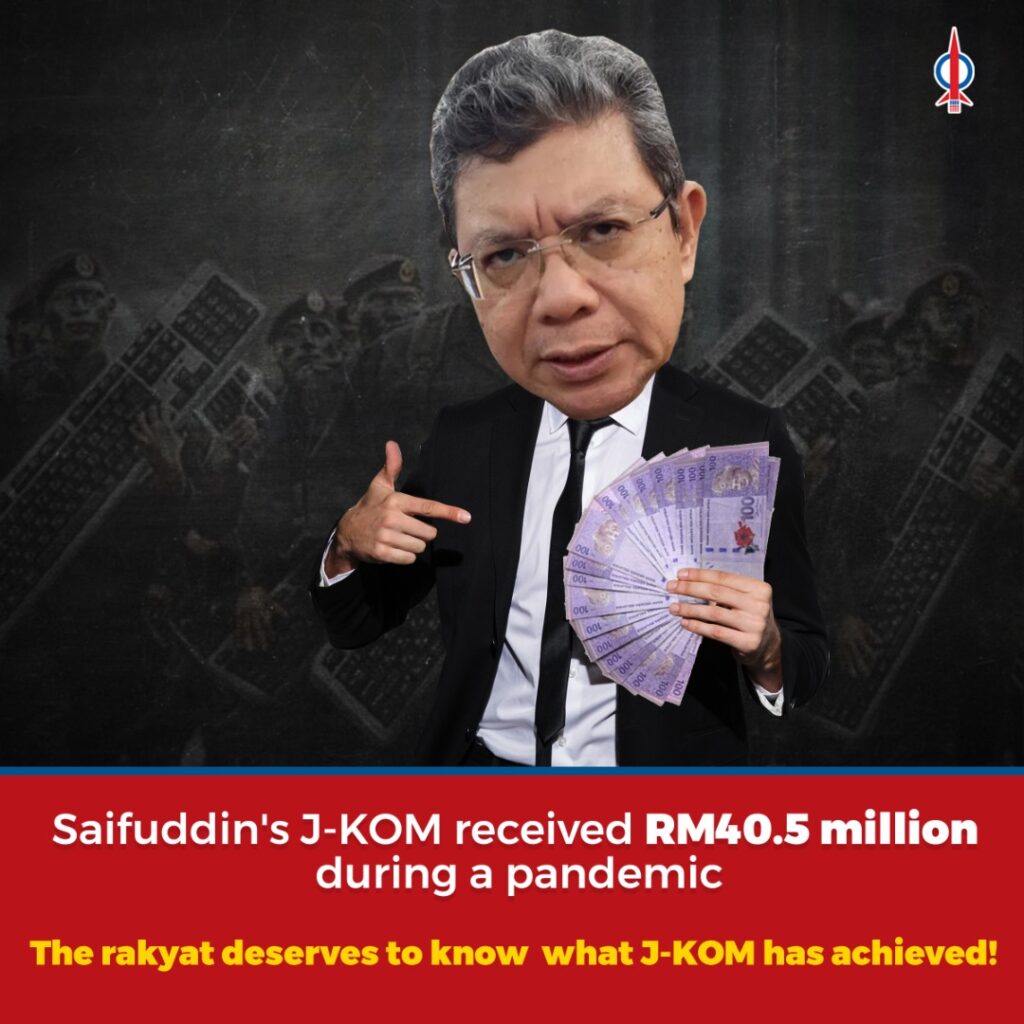
The government should be fully utilising the Community Communications Department (J-Kom) to push out awareness campaigns and incentives to significantly increase vaccine registration especially among the high-risk and vulnerable groups in areas with low registrations all around the country.
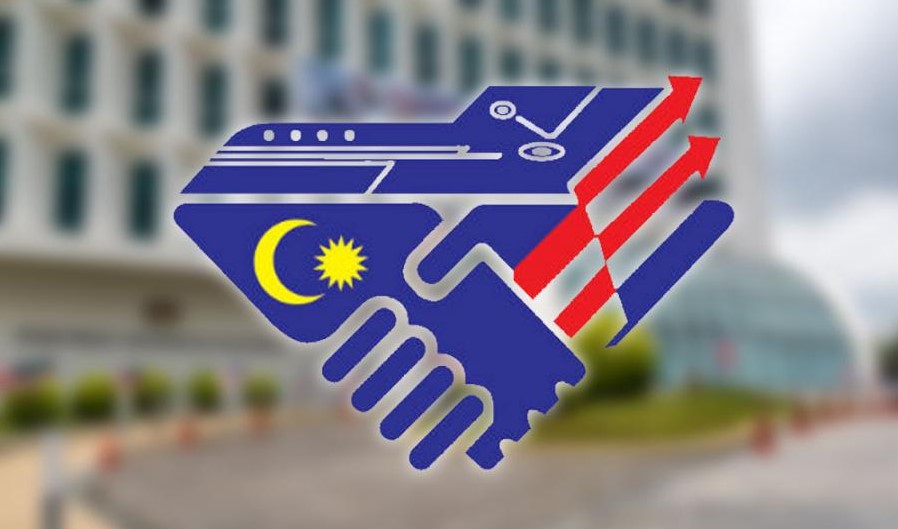
Since being allocated RM 40.5 million in the current Budget, the public demands transparency on what has J-Kom achieved until now and what role have they been playing in pushing this important issue of vaccine registration and to address vaccine hesitancy especially among certain groups and communities.
Based on official data released by the Special Committee on Covid-19 Vaccine Supply Access Guarantee (JKJAV), the current nationwide total registration only stands at 40.40% even though we are halfway through our Phase 2 and was originally supposed to enter into our final Phase 3 soon.
If we go into a more micro-level, we see even lower registrations in different States including Sabah at 16.10%, Kelantan 26.7%, Pahang 31.50%, and Terengganu 32.40%. Such figures are worrying especially if we intend to reach a target 80% herd immunity by end of the year.
While the current bottleneck for the slow rate of vaccination is vaccine supply, what must be done right now is to boost up registration among the people so that once the vaccine supply comes, the demand will be higher than the supply itself. Currently however such efforts of strategic communications seem lacking with many still hesitating to sign up for vaccination.
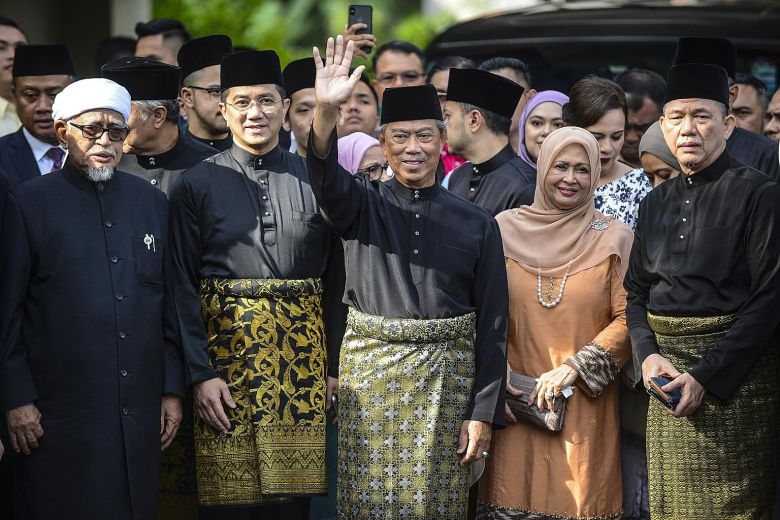
We were informed that uptake for high-risk groups who are supposedly covered under Phase 2 is low with less than 30% of total target of 9.4 million target. This is worrying because they are the ones that needs to be protected immediately and they run highest risk of developing severe symptoms and even facing death upon infection.
That is why the government cannot be merely releasing generic campaign materials and hoping those hesitant will somehow sign up eventually. The government should also take the extra step of identifying high-risk groups based on data available in public and private hospitals including PekaB40 data and pro-actively approaching them to register them or even vaccinate them on the spot.
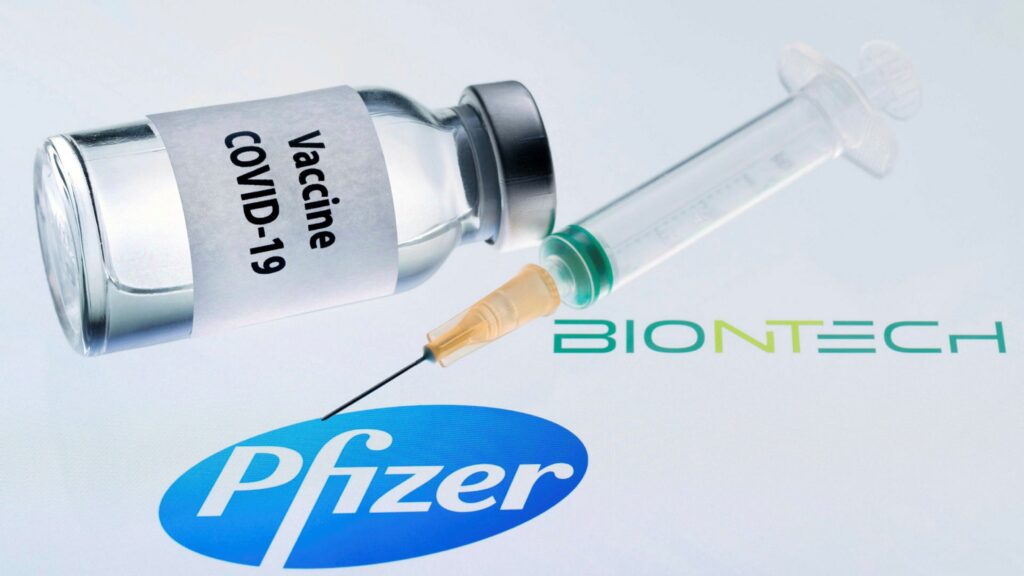
On top of that, with the recent developments where the use of Pfizer-Biontech is authorized in Canada for children ages 12-15 and the USA’s Food and Drug Administration (FDA) expected move to authorize its use among 12-15 as early as next week, the Malaysian Government should also be pro-active to promote materials for now on to promote registration among children in our country once it is also approved by the NPRA.

With all the government machinery at their disposal including J-Kom, Jabatan Penerangan and many others, their main priority should be this and not any other political messaging or communications.
As we wait upon the arrival of more vaccine supply, the government must double efforts and be proactive in pushing up our registration rates and allaying concerns that are being raised to make sure we can achieve 80% herd immunity as fast as possible for the good of the people and the country.
Kelvin Yii Lee Wuen
MP Bandar Kuching



